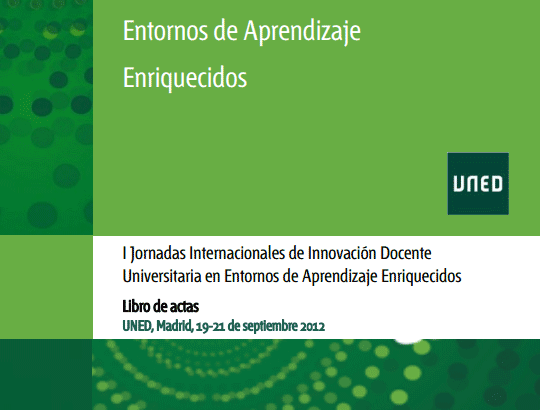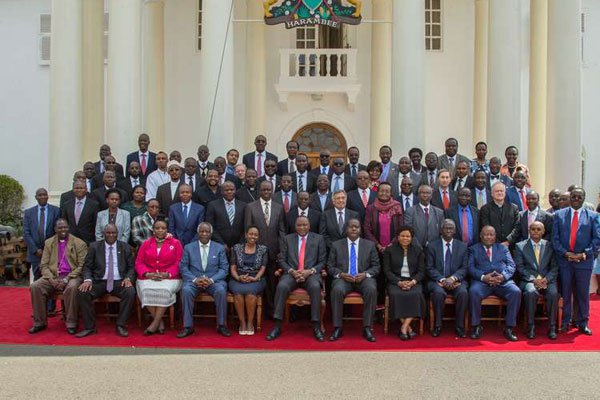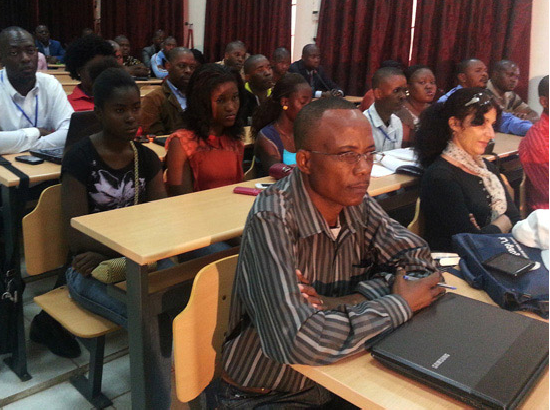Kenia / 17 de agosto de 2016 / Por: Beatrice Muganda / Fuente: http://www.nation.co.ke/
The increasing demand for university education in Africa and the huge intersecting challenges remain unparalleled, giving new impetus to the search for solutions.
First, enrolment is rising without universities increasing their capacities to deliver quality education aligned to the continent’s needs.
Second, raising revenue through fees clearly is not the answer to funding shortfalls, particularly in public universities.
This policy has continued to lock out poor students who cannot pay.
Universities would be better able to make meaningful contributions to society if they worked with the private sector to develop innovations that people need.
One trick that policy makers are missing is involving the informal business, which is growing across the continent.
According to the African Development Bank, the sector employs around 80 per cent of the workforce and accounts for 40 per cent of the overall gross domestic product.
A more imaginative and engaged approach to informal business would spur its growth, position universities as socially relevant, and help galvanise new sources of funding.
For example, many African countries have embraced the use of motorcycle taxis, or boda boda in Kenya.
With enough support for engineering departments, African states can produce motorcycles and their spare parts locally rather than rely on expensive imports.
The booming music industry is another space where university art studios can establish commercial units that support the digital distribution of music products.
HIGH-QUALITY RESEARCH
In fact, universities should have originated ideas for the M-Pesa money transfer system, an innovation that has become a game changer in technology and business.
Universities are failing to engage properly with businesses in the formal sector and indeed, African academics and international organisations have expressed concern about this.
They cite factors such as businesses’ lack of confidence in the universities to undertake sophisticated research and innovation, small size of industry and business, and the mismatch between university research strength and regional industry.
To reverse this trend, a large proportion of public financing for universities should go to high quality research to attract private investment in science parks along with technology and business incubators in academic institutions.
These initiatives may be modest, only involving small- and medium-sized enterprises, but they could expand and become business enterprises that generate revenue for universities.
An example is the Taifa laptop, developed by a joint project of the government and the Jomo Kenyatta University of Agriculture and Technology for primary schools.
The returns from commercialised research can make additional resources available to fund other university programmes such as scholarships, basic research infrastructure, and researchers’ allowances.
However, for universities to move into the innovation sector, governments should provide seed funds.
And yet few African countries have honoured their commitment to invest at least one per cent of their GDP in research by 2010.
Another challenge is that university researchers and innovators rarely meet with entrepreneurs and their counterparts in the private sector.
Universities can change this by establishing or revamping offices that foster partnerships and increasing the number of joint activities with partners.
It is obvious that industry players can only work with universities if they are sure that their interests are protected and a return on their investment is guaranteed.
Effective university leadership is, therefore, critical to honour commitments in an atmosphere of trust and mutual respect so as to manage partnerships effectively.
The leadership wrangles in a number of Kenyan universities should be resolved to allow the focus to turn to reforms and initiatives that promote the growth of the institutions.
Dr Muganda is director of higher education at the Partnership for African Social and Governance Research, Nairobi. Kenya@pasgr.
Fuente noticia: http://www.nation.co.ke/oped/Opinion/Future-of-innovation-lies-with-varsity-business-cooperation/440808-3348268-ws026f/index.html














 Users Today : 277
Users Today : 277 Total Users : 35459872
Total Users : 35459872 Views Today : 451
Views Today : 451 Total views : 3418423
Total views : 3418423